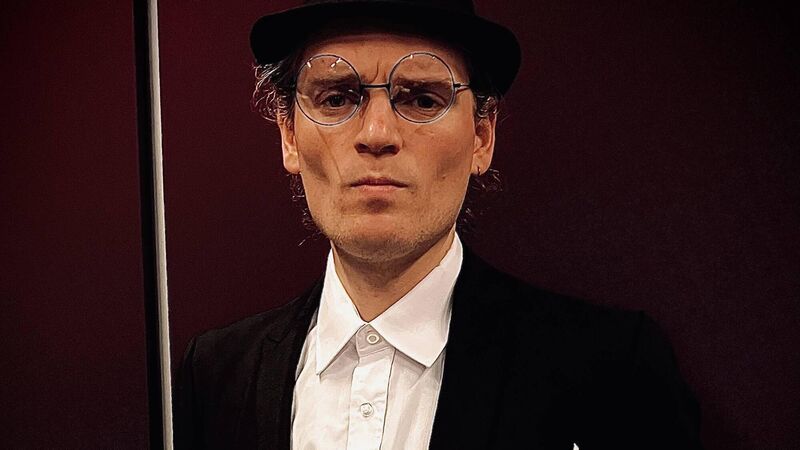Souls, Shadows and Secrets: Revisiting Irish revolutionaries in Barry Monahan’s new play

Ethan Dillon as Eamon de Valera in Souls, Shadows and Secrets
“A dream come true” is how senior lecturer at UCC’s School of Film, Music and Theatre, Barry Monahan describes his play, which will have its premiere at the Everyman this month.
Originally, this Meath man taught film components in the English department of the university. A film and media studies department was born and became part of the School of Film, Music and Theatre. Monahan, who has written and directed the play, pursued drama and theatre studies at Trinity College Dublin. His doctorate looked at Irish theatre and film.




